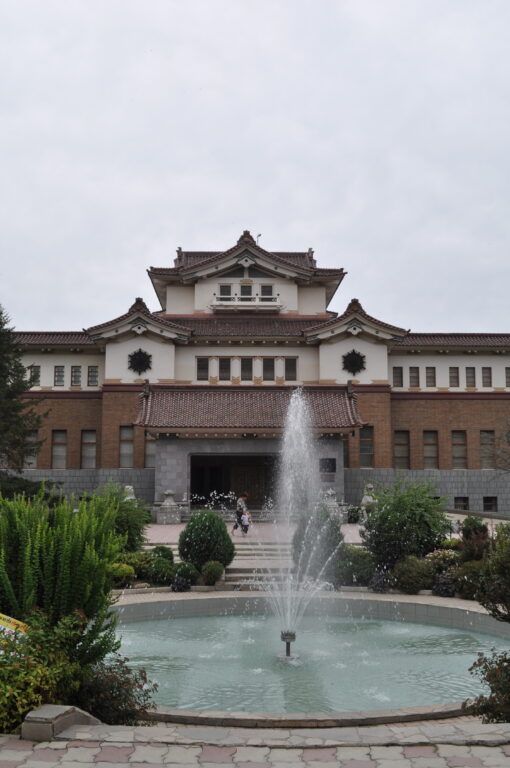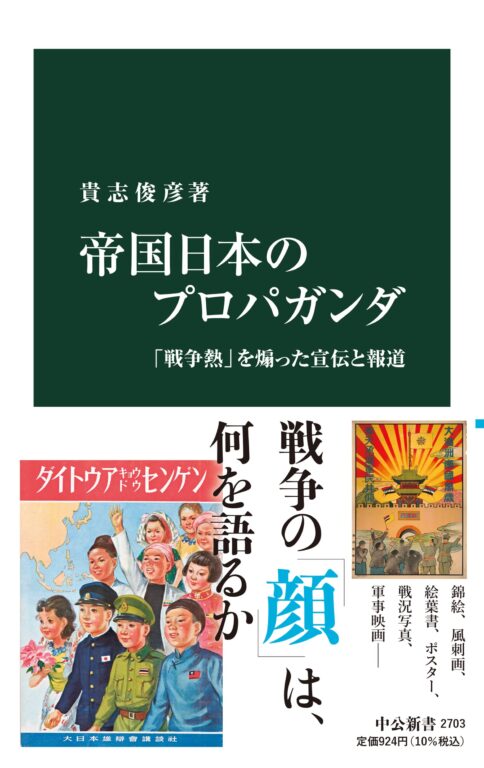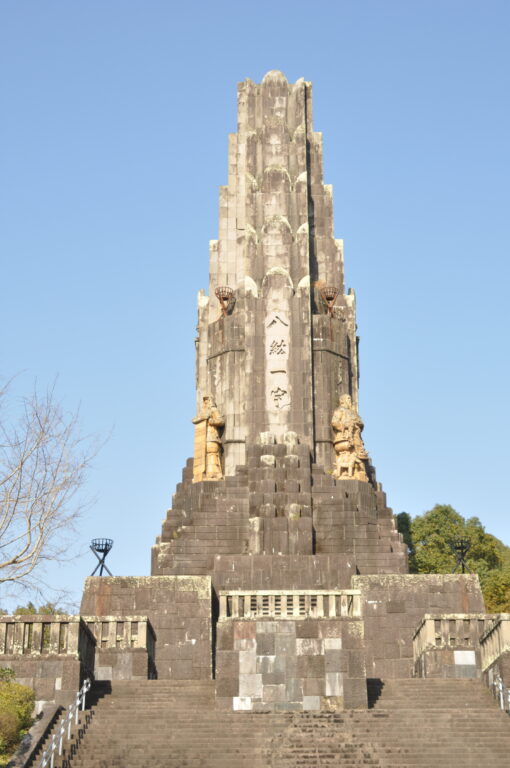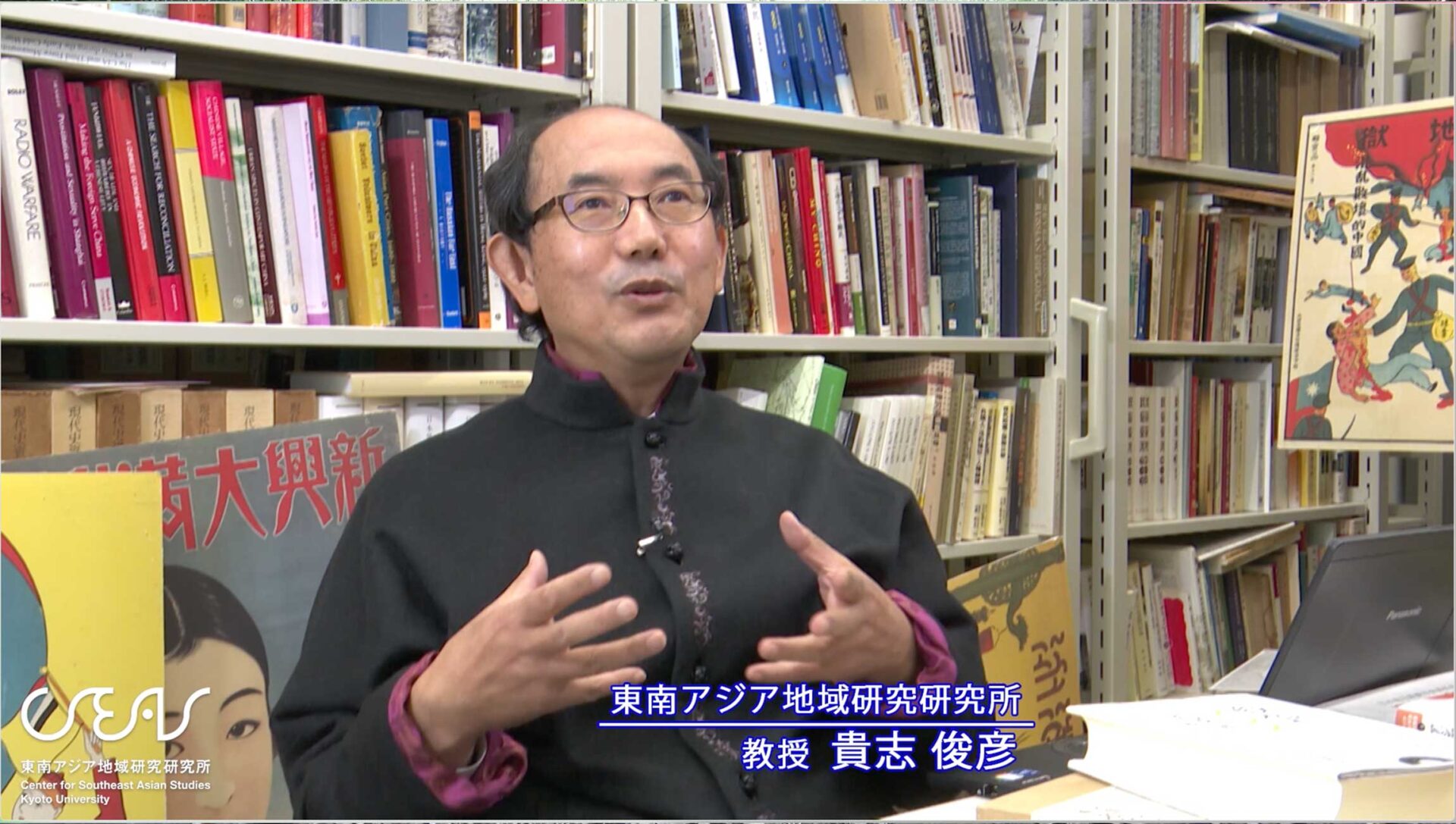*Select English subtitles from settings (gear icon)
In the 21st century, attempts to restructure existing institutions and systems using digital technologies such as machine learning and AI are rapidly advancing. Due to this digital transformation (DX), we are bombarded with a vast amount of information, some of which is true and some of which is fake. We can also see through daily published news that this information contains deception and financial scams, and sometimes even functions as propaganda and political advertisements.
In the region of East Asia, which includes Japan (although the shape of the region can easily change over time), historical disasters, current economic interests, and the agendas of political groups often undermine frank exchanges and understanding. Each time this happens, attempts are made to promote a common understanding among the parties, but the sharing of fundamental information to promote understanding has not progressed easily. Even the attempts of well-meaning researchers to share a common understanding of history have so far been far from successful.
What we need now is not only to accumulate information that is useful for our time, but to value information that may be useful in the future. In this sense, the first thing we should be wary of is the propaganda around us. How do we learn to recognize propaganda? The indispensable wisdom of life is contained in history. From the 2000 year-old histories of our region, we can learn to identify propaganda and also acquire practical wisdom for the future.




